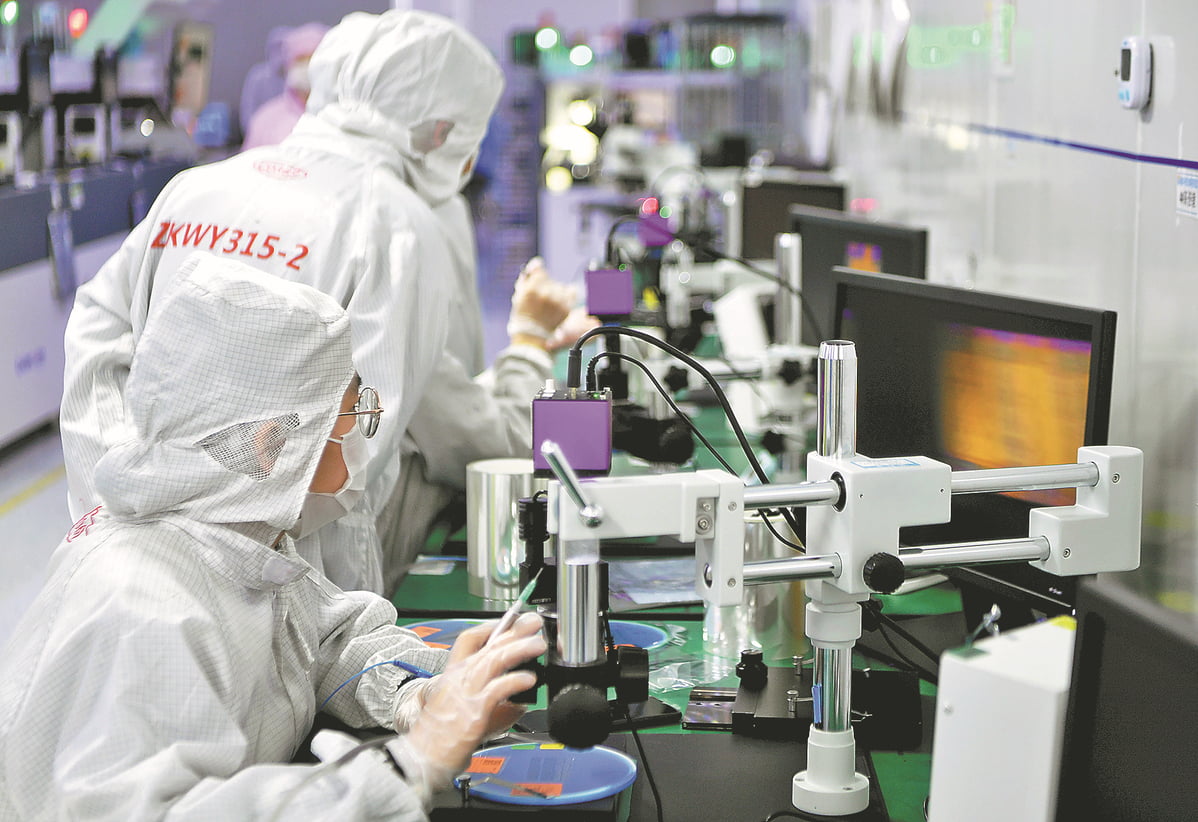Chinese Vice-Premier Liu He has called for a nationwide effort to develop the integrated circuit (IC) industry, amid US curbs and rising tensions in the semiconductor sector. During a tour of IC enterprises in Beijing, Liu urged China to mobilize its resources and make better use of government and market resources to promote the development of the industry. Liu emphasized the need to formulate industrial policies in line with national conditions and new situations, urging the government to play an organizational role in areas where the market fails and guide long-term investment in the field. Industry insiders interpreted this as a signal of a new round of more flexible supportive policies for the semiconductor sector.
Liu also stressed the importance of offering real national treatment to foreign chip experts and providing equal treatment for domestic talent in order to accelerate steps to attract and nurture talent in the field. According to Wang Peng, a researcher at the Beijing Academy of Social Sciences, “the remarks made clear that the country will give more preferential policies to high-end talent in the semiconductor sector.”
Liu’s visit has given strong confidence to companies and the entire chip market amid US chip sanctions, with the move expected to signal the launch of a supportive policy for the semiconductor industry soon. In response to Liu’s call for the development of the IC industry, smartphone maker Xiaomi Corp and software and cloud company Kingsoft Corp, along with other investors, set up a 10 billion yuan ($1.45 billion) fund to develop chips and related technologies.
As the world’s largest chip market, China consumes more than half of the world’s semiconductors, which are assembled into tech products to be re-exported or sold in the domestic market. The data proved what Microsoft co-founder Bill Gates said recently during a podcast of Financial Times. Gates said he did not get the logic of current US sanctions on China and does not think the US will ever be successful in preventing China from having cutting-edge chips. “Given that China is at scale to catch up fairly quickly and I don’t see how that’s some gigantic benefit,” Gates said.
